Different car audio systems can have extremely different power requirements.
A Sound Quality fanatic wants even, predictable power going to his system, so the amps have the energy they need, whenever it’s needed. An SPL fan is a little different. Some want a massive burst of power to burp out big numbers, while others want enough energy to hammer their systems for hours on end.

JY has spent the past five years developing lithium battery technology to serve any of those needs, but the only way to get the right knowledge is to have all of the information you need to make an informed decision.
As the first Lithium battery company ever to offer an in depth spec sheet for the car audio community, we are committed to giving you the whole picture. Think of the spec sheet like a roadmap. Follow the directions, listen to the advice, and your battery will last for years – even under big power demands. The sheet will also tell you how that battery will perform over time and ultimately how to choose the best battery for your system.
Here are the details:
Defining “2C Rate”
One of the first things you will see is Nominal Capacity in Amp Hours. It’s important to note that Amps and Amp Hours are not the same thing. Amps are a measure of how much energy a battery is delivering to your system, while Amp Hours is a way of measuring how much energy a battery is capable of holding. In this case, the HP-40 can deliver 40 amps for one hour before needing to be recharged.
In the notes, you will see 2C. A “C” rating is the speed at which the battery can deliver energy or recharge in Amp Hours. The higher the C rating, the faster it can deliver or receive energy. In this case, the battery is rated to discharge at an average of 80 amps and recharge at 40 amps.
One note: the “average” part of that statement is important. As you look lower on the spec sheet, you’ll see the Pulse Discharge rate is 800 amps for 5 seconds and 250 amps for 30 seconds (continuous). We put the averages there to help you determine what you will need on a day-to-day basis, since most people don’t crank their systems to 100% power all the time. The reality is that only happens occasionally. What you need in burst is often less important than your everyday use.
Battery Charging/Storage
In addition to its enormous power capacity and lightness, the average Lithium battery lasts far longer than an AGM. It also charges much faster, which means your alternator is working harder but for far less time.
“Float voltage” is what the battery normally rests at, with no system turned on. The HP-40 typically rests at about 13.3 volts, and can be stored that way for up to five years without losing capacity.
“Charging voltage” is the voltage we recommend you charge the battery at, which is 14.8 volts.
How Long Will It Last?
The average AGM battery can be discharged and re-charged 600-800 times (to 50% DOD) before you have to replace it. The 100% DOD (Depth of Discharge) for the HP-40 is 3,000 times – roughly four times that of an average AGM battery.
The number of times you completely discharge a battery will directly impact how long it lasts. The average AGM is considered depleted at 50% capacity. A lithium battery can go far longer, and far deeper before it drops below 10 volts (the lowest most amplifiers will play before going into protection).
Maximum Operating Conditions
The HP-40 is capable – in burst – of far more than we state in the Recommended Operating Conditions section of the Spec Sheet. These maximums are not on the “ragged edge,” but more importantly – you know what they can do, what they can’t.
A Note on “Reduced Cycle Life”
You’ll see this stated no less than seven times in the sheet. Why? We want your battery to last. That means keeping the battery within the specs we recommend. Exceed those specs enough times, and the battery won’t last as long as we have designed it to.
One Last Thing
For all the ratings we can offer, the most important factor is the one no one can predict: you. Your system and the way you use it will ultimately determine if you need one, two or ten batteries to do everything you want to do. The best way to figure that out is to talk with us.
Contact us by chat on Facebook, or by email at contact@jypbatteries.com.

